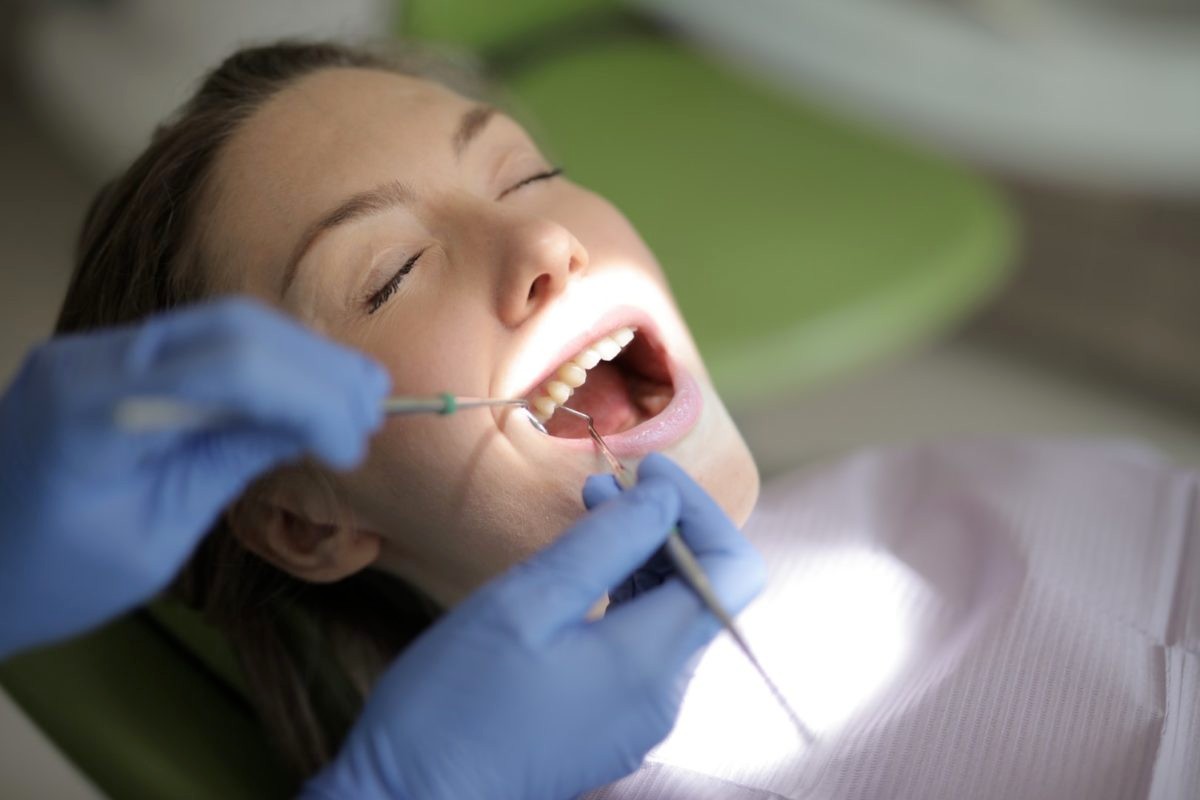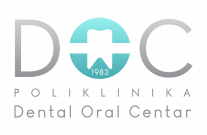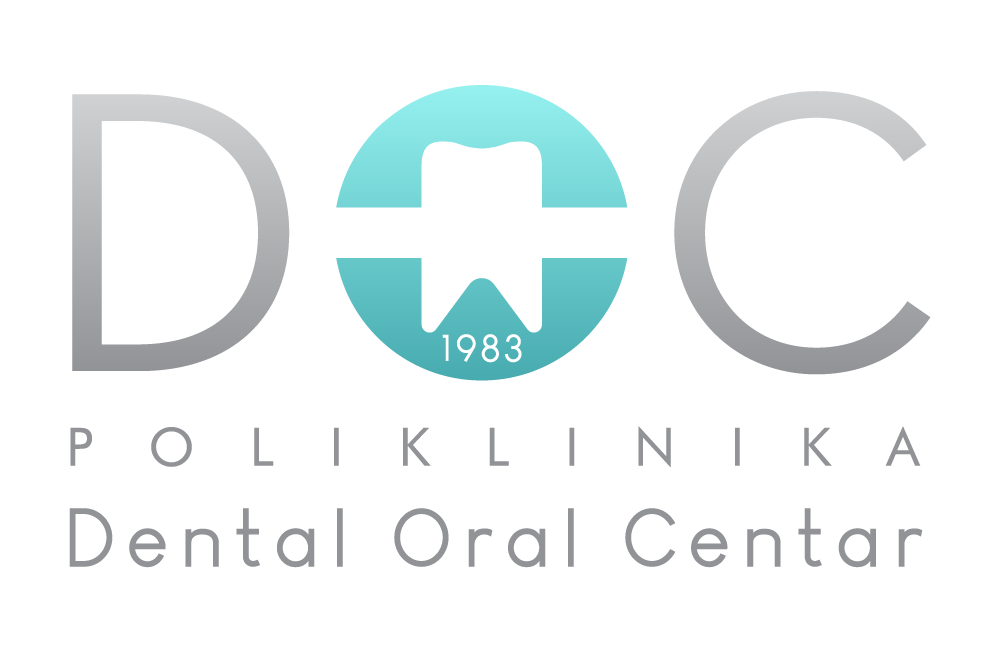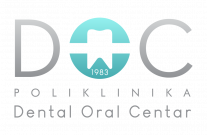How to properly care for teeth and gums during pregnancy?
People believe that teeth are much more sensitive and prone to decay during pregnancy, that gums are softer and that another condition will significantly affect your smile. However, this does not have to be correct, so there is no need for fear and panic. With proper oral hygiene and following the dentist’s advice, your smile will shine during and after pregnancy.
Inform your dentist that you are planning a pregnancy
Women who are planning to become pregnant should have heavier procedures done before they become pregnant. They should inform their dentist about planning a pregnancy so that he or she can advise them on care during pregnancy. However, if a procedure is necessary during pregnancy, make sure that it does not happen until after the first trimester.
Hormones in pregnancy influence the sensitivity of the gums
The gums are sensitive during pregnancy. Gingivitis and periodontitis can occur due to the increase in the hormone progesterone.
On the other hand, there is a widespread belief that teeth become more sensitive and “softer” during pregnancy because calcium and other minerals go to the baby. However, scientists and dentists completely rule out this assumption. So the mineral content in the teeth remains the same as before pregnancy.
Morning sickness increases the risk of tooth decay
Gum sensitivity is also affected by morning sickness and vomiting, which causes increased acidity in the mouth and increases the possibility of tooth decay. If you suffer from morning sickness, avoid brushing your teeth immediately after vomiting. Then they are still covered with acid, and heavy brushing pressure can cause micro-damage in these situations.
It is important to rinse your mouth well with clear water or fluoride mouthwash after vomiting. You can brush your teeth one hour after vomiting.
Some pregnant women have the urge to throw up when brushing their teeth. Therefore, use toothbrushes with a smaller head and brush the teeth slowly and with light movements. Breathe deeply and evenly through your nose.

Minor procedures during pregnancy are allowed
If you need a minor procedure during pregnancy, this can be reported, but only after prior consultation with your gynecologist. If the pregnancy is normal and without problems, it is possible to use local anesthesia if necessary. According to the US Food and Drug Administration study of December 2014, there is no risk to the fetus when it comes to the use of local anesthetics.

Go for regular check-ups and relax!
Reduce the consumption of sweets as much as possible so that sugar does not negatively affect tooth enamel and find healthy alternatives for sweets. Be disciplined and detailed when it comes to oral hygiene.
Go to the dentist for regular check-ups, use fluoride pastes and mouthwashes.
Eat a varied diet. Be sure to see your dentist after the birth to see if your gums have recovered after pregnancy. Solve the problems that you could not fix during pregnancy.



